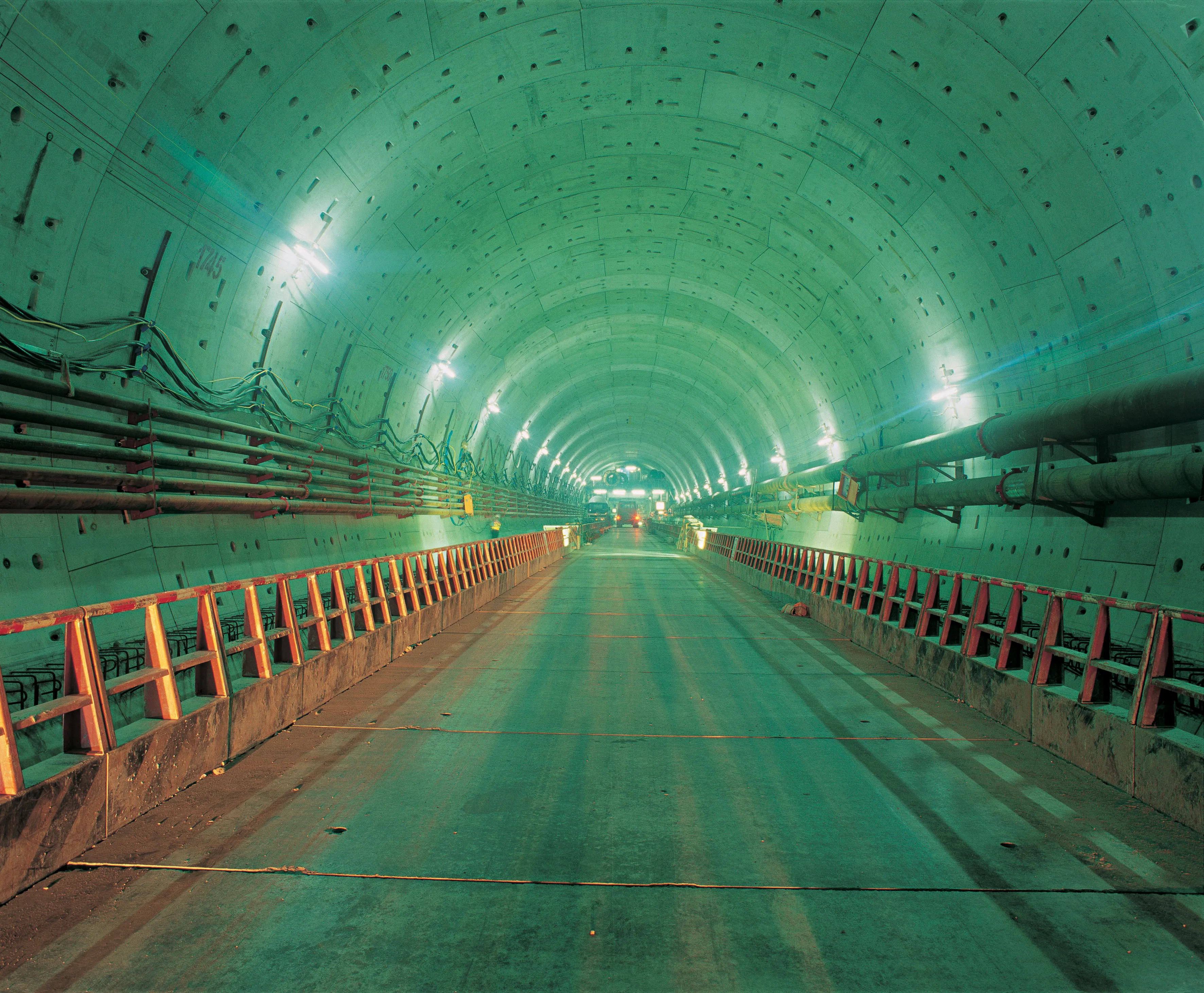Manitou Group is now operating a subsidiary, Manitou Middle East, based in Dubai. The group, already present for many years in this region, is emphasising the Manitou group's intention to strengthen its local presence and adopt new strategic ambitions.
The offices of Manitou Middle East are located at Jafza (Jebel Ali Free Zone) and benefit from the facilities of the free trade zone. The technical and commercial functions (including training) are performed by the team in place.
The Middle East has b
June 7, 2016
Read time: 2 mins

The offices of Manitou Middle East are located at Jafza (Jebel Ali Free Zone) and benefit from the facilities of the free trade zone. The technical and commercial functions (including training) are performed by the team in place.
The Middle East has been undergoing significant development for several years, in spite of a slowdown in the hydrocarbons market. The modernisation of Riyadh is also giving rise to numerous projects with massive work sites.
The governments of the countries of the zone are defining colossal budgets through projects as diverse as they are necessary, such as programmes covering housing, public works, motorways, and railways, all over a long period, in spite of the fluctuations in income related to the price of oil.
Manitou Group wishes to be a player in this market through the solutions that it offers through its three brands, Manitou, Gehl and Mustang. The group's market share, and sales of telehandlers, have already tripled in one year, rewarding the efforts already made.








